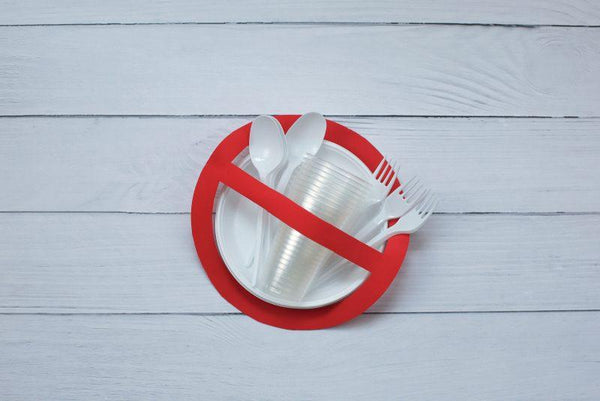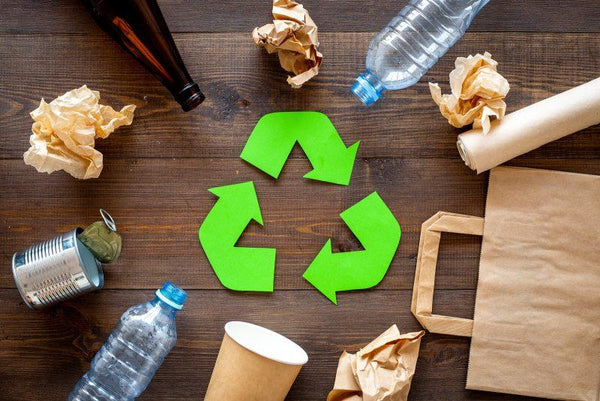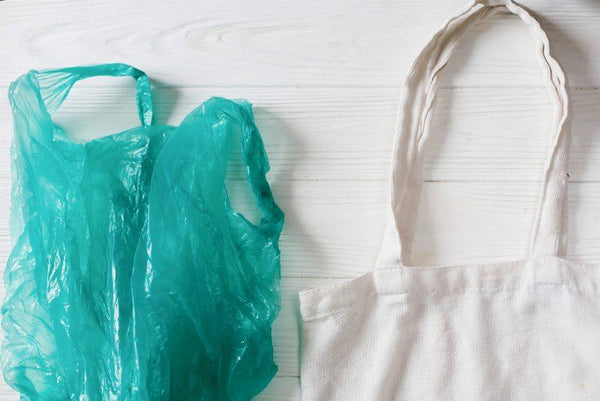
When it comes to sustainable packaging, less is more. Of course, when you’re cutting down on waste, a little creativity and imagination are needed to make it work. We’ve shared some pretty cool ideas other companies have come up with to minimize their carbon footprint. Today, however, we’ll be talking about a Florida brewery that’s been making some waves with its own eco-friendly packaging.
Saltwater Brewery, much like other manufacturers of fine alcoholic beverages, has a commitment to producing a high quality product. But unlike other breweries, Saltwater’s committed to preserving one of the world’s most vast and beautiful natural resources: the ocean.
Since its opening in 2013, Saltwater Brewery’s been giving back through a number of ocean-based charities including the Coastal Conservation Association, Surfrider, Ocean Foundation, and Mote Marine Laboratory. For these brewers, however, that still wasn’t enough. Partnered with design firm Webelievers, they’ve taken their love of the ocean to the next level with a revolutionary 100% biodegradable, edible six-pack ring.

Image source: Saltwater Brewery
While plastic has been a godsend for industry, it’s not news that it’s terrible for the environment. Its very weather-proof qualities that make it attractive as packaging come at the cost of biodegradability (not to mention landfill space). Instead of cutting back on plastics use, humanity has short-sightedly started shoveling waste into the oceans. And if floating garbage islands weren’t terrible enough, they’ve become breeding grounds for insects and disease, leeching into the water and poisoning everything in their path.
To their credit, plastics manufacturers have developed more “environmentally friendly” features, such as photodegradability and a slew of recycling programs. But even then it takes about 90 days for plastic six-pack rings to degrade, still more than enough time to harm wildlife. In fact, over 100,000 marine animals and one million seabirds die from ingesting plastic annually, not to mention those that get themselves caught and squeezed within the rings themselves.
Unimpressed with the status quo, Saltwater Brewery knew it had to do something, especially since it relied on the same rings to bundle its own drinks. Something had to change.
With a customer base comprised primarily of those who love the sea, Saltwater Brewery introduced a new kind of ring. Made from barley and wheat byproducts otherwise discarded, the new edible six-pack rings not only protect the ocean and all its critters, but feeds them as well.
Customers love them because, aside from great beer, they’re helping to save the environment. While the rings come at an extra cost, making the beer overall a bit pricier than competitors, Saltwater’s fans say they don’t mind paying extra if it meant making an impact. One even said that “the big guys” in the brewing industry ought to take note with this wonderful new product.
Though these edible six-pack rings are the first of their kind, it’s Saltwater Brewery’s hope that others start following suit. And while more expensive now, as the technology spreads and other breweries wise up, competition will drive the price back down to beer with conventional plastic packaging. But it isn’t just about the company’s bottom line; it’s about preserving the world so we can continue to live, let alone do business.
What’s more, by tapping into their customers’ shared passion for the ocean, Saltwater Brewery has built a culture of sustainability not just within its walls, but through everyone who enjoys their beer. They’ve done this by appealing to their fans’ sense of responsibility and the principle of protecting the planet. People feel good knowing they’re helping out, their dollars given to support an ideology rather than a local brewery.
After all, nothing pairs better with good IPA than the knowledge of doing your part to protect the environment. But time will tell if other breweries look to get their own taste.

The European Parliament voted for a complete ban on a range of single-use plastic waste across the union in a bid to stop pollution of the oceans. The proposal also called for a reduction in single-use plastic waste for food and drink containers, including plastic cups.

China has long been treated as our planet’s repository for plastic waste. The nation has accepted 45% of the world's total plastic recycling since reporting to the United Nations Comtrade Database began in 1992.

Even before plastic straw bans grew trendy, California was at the forefront of using less plastic and promoting more sustainable living. California pioneered a statewide ban on plastics beginning in 2016, when the state became the first in the U.S. to ban most stores from providing customers with single-use plastic bags, following a successful referendum. [...]